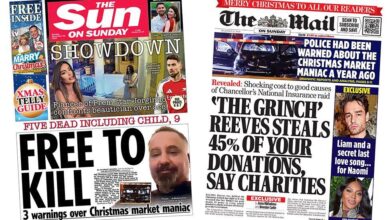New taxes and fees will hit poor Chicagoans the hardest. Here's how.

CHICAGO — Homeowners may have escaped a property tax hike, but their pocketbooks will be hit in other ways, with new taxes and fees expected to generate $181 million this year.
At least two studies have called these kinds of new taxes and fees regressive, hitting poor Chicagoans the hardest.
Driving and parking downtown, already pricey, just got even more expensive. Taking a rideshare to downtown between 6 a.m. and 10 p.m. will add an extra $1.50 to the fare. In addition, the city has expanded the surcharge that previously only applied to weekday rides to weekend rides as well.
Parking your own vehicle? The parking tax at garages and valet services is climbing from 22 percent to 23.35 percent on weekdays. It will be slightly less on weekends.
During the city’s budget season, City Council members warned that everyday Chicagoans were being nickel and dimed to death.
“Most of this budget is being balanced with extra fees and taxes and is being balanced on the backs of working families and I don’t think that’s right,” Ald. Bill Conway (34th Ward) said.
Wanting to avoid layoffs and furloughs, Mayor Brandon Johnson looked to the new revenue, and his allies say the city needed it to keep up with inflation.
At the grocery store, where inflation is already on people’s minds, single-use bags will cost an additional $0.03 to the previous $0.07 cost.
When you head home, your parking spot will cost more. Annual parking permits are up to $30 in 2025 and they’ll cost $35 bucks next year. Temporary parking permits are also more expensive, now $15. For seniors, the cost remains at $25.
Using streaming services costs more. The city’s tax on Spotify, Netflix, Hulu and others climbs from 9% to 10. 25%. The tax on digital goods which applies to businesses and people alike is up from 9% to 11%.
In other fees, violating general licensing provision for businesses rises from a range of $200 to $1,000 to $400 to $5,000.
And the cost of a two-year wholesale food license, for those who make, pack, distribute or store food, rises from $660 to $1,320.
Finally, Chicagoans should be on the lookout for more speed cameras as the city is counting on additional revenue from automated speed limit enforcement.



